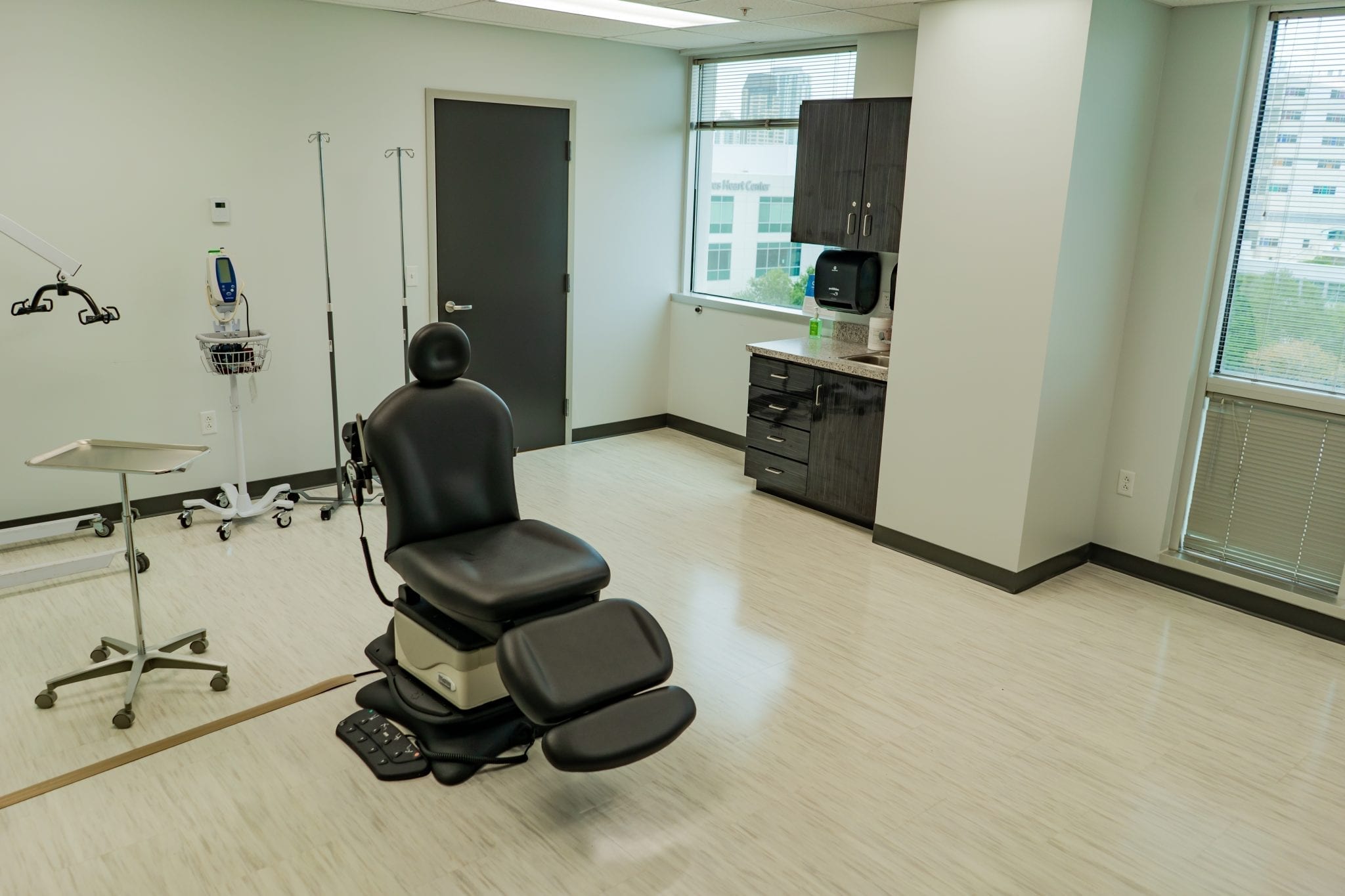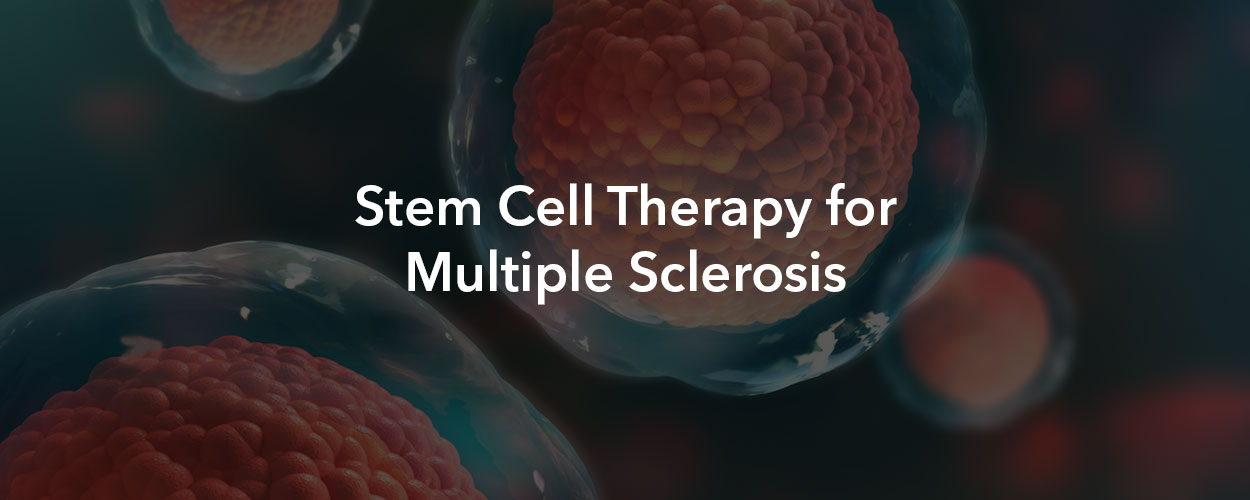10 Simple Techniques For Regenerative Medicine For Multiple Sclerosis
How Regenerative Medicine For Multiple Sclerosis can Save You Time, Stress, and Money.
Table of ContentsNot known Factual Statements About Regenerative Medicine For Multiple Sclerosis The Regenerative Medicine For Multiple Sclerosis IdeasSome Known Details About Regenerative Medicine For Multiple Sclerosis The 5-Second Trick For Regenerative Medicine For Multiple SclerosisGet This Report on Regenerative Medicine For Multiple Sclerosis4 Simple Techniques For Regenerative Medicine For Multiple SclerosisThe Main Principles Of Regenerative Medicine For Multiple Sclerosis
The mesenchymal stem cells transplanted during stem cell treatment can split and mature to create new cells that can take the location of the harmed cells of the nervous tissue. This might restore neurological features in people with this condition. These benefits of stem cell therapy are more sustained by the capability of MSCs to promote healing.People with several sclerosis are typically treated with mesenchymal stem cells. These are multipotent stem cells that have the capability to distinguish and mature to create a variety of cell types in the body. When transplanted, these stem cells can establish to create healthy nerve cells hence supporting the regeneration of the broken cells of the nerves.
Once hair transplanted, the stem cells move to locations of swelling or damage within the central nervous system (CNS). They are normally drawn in to the sites of injury where the immune system is assaulting the myelin sheath, the safety covering of nerve fibers. The stem cells function by promoting the repair service and regrowth of harmed myelin, potentially bring back function to impacted nerve cells.
Not known Details About Regenerative Medicine For Multiple Sclerosis
Stem Cell Research on MS The National Numerous Sclerosis Society, along with other companies, is actively funding and sustaining study into mesenchymal stem cell treatment for multiple sclerosis to discover their prospective and enhance therapy methods. The objective is to create more secure and more reliable means to make use of stem cells in treating MS.
The Basic Principles Of Regenerative Medicine For Multiple Sclerosis
Here are right here from evaluations of the Swiss Medica clinic. The patient took a trip from Romania seeking treatment for MS after hearing favorable responses about stem cell therapy for the disease.
Get a complimentary online examination to discover how stem cells will function for your case, and what are the duration and price of the therapy. Uccelli, A., Laroni, A., Brundin, L., Clanet, M., Fernandez, O., Nabavi, S. M. Regenerative Medicine for Multiple Sclerosis., Muraro, P. A., Oliveri, R. S., Radue, E. W., Sellner, J., Soelberg Sorensen, P., Sormani, M. P., Wuerfel, J. T., Battaglia, M
Stem cells are cells in the body that can mature into grow cells that serve an offer function. There are two main kinds of stem cells: embryonic stem cells and adult stem cells.
are discovered in some grown-up tissues and organs including the bone marrow, skin, blood, and mind. Grown-up stem cells are not as flexible as embryonic stem cells and are therefore much more restricted in terms of the sorts of cells they develop into. The one-of-a-kind residential properties of stem cells offer guarantee for brand-new therapies that can slow/halt MS disease task and fixing tissue damage in the central nerves.
The Of Regenerative Medicine For Multiple Sclerosis

The treatment entails collecting stem cells from a person's own (autologous) bone marrow. The individual is then treated with radiation treatment to deplete the body immune system and stem cells are reintroduced into the body where they mature into new, healthy and balanced immune cells - Regenerative Medicine for Multiple Sclerosis. Stem cells can be injected right into the body in different ways

In 2000, the MS Culture of Canada important source and MS Scientific Research study Foundation funded a clinical trial including HSC transplants, led by Drs. Mark Freedman and Harry Atkins from the Ottawa Hospital Research Study Institute/University of Ottawa. The aHSC therapy available in Canada is a treatment that makes use of high-dose chemotherapy, likewise called conditioning.

The Main Principles Of Regenerative Medicine For Multiple Sclerosis
Neural stem cells (NSC) are found in the mind and can develop right into numerous sorts of mind cells consisting of website link neurons, oligodendrocytes, and astrocytes. NSCs may offer to repair or secure the mind and modulate the body immune system. Early clinical trials in non-human primates demonstrated that therapy with NSCs benefitted the progression of MS-like disease in pet versions.
The results from these safety researches are favorable for future stem cell and regenerative medicine therapies in MS. Future scientific trials (stage 2 and 3) with bigger varieties of participants and controls are needed to evaluate the efficacy of this therapy for MS. As shown by the instances above, there is a large range of research study occurring that will offer added answers regarding making use of stem cells to deal with MS.
Stem cell treatment is taken into consideration risk-free, yet, like any clinical treatment, it brings some risks, such as short-term swelling or discomfort at the shot site. Severe side results are unusual when executed by certified specialists.
What Does Regenerative Medicine For Multiple Sclerosis Do?
Numerous sclerosis (MS) is a chronic disease of the main nerve system that impacts the mind and spinal cable. It is characterized by the degradation of myelin, a material that covers nerve fibers, bring about disturbances in interaction in between the mind and the rest of the body. Signs and symptoms can differ widely and include muscular tissue weakness, vision issues, inequality, and exhaustion.
Multiple sclerosis is defined by the immune system incorrectly assaulting the safety sheath (myelin) discover here that covers nerve fibers, triggering communication concerns in between the brain and the remainder of the body. The disease can result in the damage or permanent damages of nerves. Symptoms vary commonly amongst individuals and can include exhaustion, movement issues, discomfort, and cognitive adjustments.